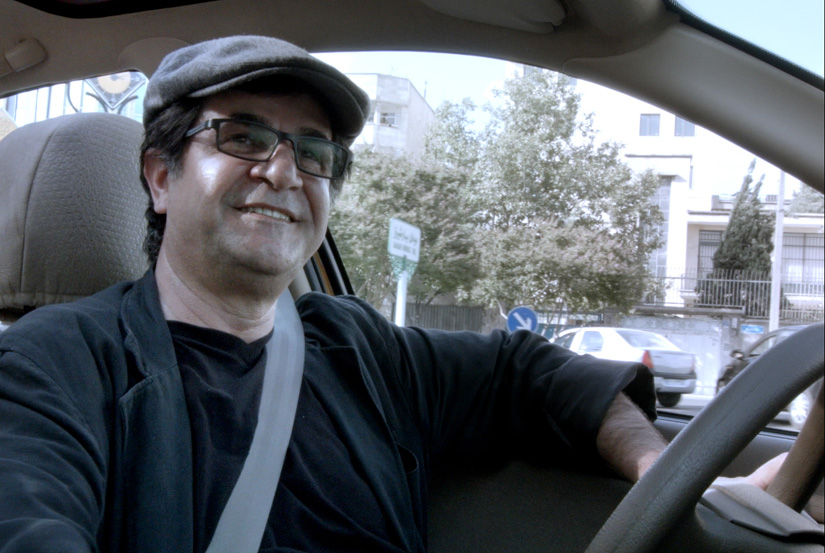
- Film
Foreign Film Submissions, 2015: Jafar Panahi’s Taxi (Iran)
Part of the Hollywood Foreign Press Association’s mission is to foster greater understanding through world cinema. This year 72 Foreign Language films were submitted for Golden Globes consideration. Here is an overview of one of them.
In 2010, Iranian director Jafar Panahi was arrested and sentenced to six years in prison, accused by the Islamic Republic of antigovernment propaganda. Banned from making movies until 2030, he was only released from jail after pressure from an international outcry. In the five years since, Panahi has been able to make three films. Under the radar and never released in his home country, where his work is still considered highly subversive. Following This Is Not a Film (2011) and Closed Curtain (2013), his third clandestine opus, Jafar Panahi’s Taxi, won the Golden Bear at this year’s Berlinale.
And it is definitely not an Iranian reboot of Luc Besson-scripted bombastic Taxi. If comparison is needed, it is ironically closer in concept to his famed compatriot Abbas Kiarostami’s 2002 Ten.
In this film Panahi is behind the wheel, as the eponymous taxi driver roaming the chaotic streets of Tehran with a colorful assortment of clients in the backseat. Offering the audience a free ride along with his compatriots, chatting away with them on a variety of topics ranging from freedom of expression, social issues, the death penalty, teaching, and one recurrent theme: theft. After all, the Iranian regime forced Panahi to become a thief of images, a reluctant delinquent. And he once said that he spent his entire career making films “constructed around the notion of restriction, limitation, confinement and boundaries.” Exactly the kind of hurdles he is once again able to transcend here, with the bare minimum, a camera on the dashboard and the interior of his cab as the main set. It is a forced minimalism used with contagious exuberance and joyful irreverence. Panahi may not be the best driver in the world (he ignores the right routes, often drops his customers at the wrong destination and gets copiously insulted), but has one ever laughed or smiled so much watching an Iranian film?
Between fiction, reality and documentary, the film offers a thrilling multi-layered and fascinating window into the pulse of real Iranian society – Another bravado act of defiance against those who try to shut Panahi up. Deliberately provocative, constantly relevant, he also demonstrates that no matter what, he intends, more than ever, to be a filmmaker. As for him – moviemaking is like breathing. And nothing will stop him. Jafar Panahi’s Taxi is a life lesson like no other.
Jean-Paul Chaillet